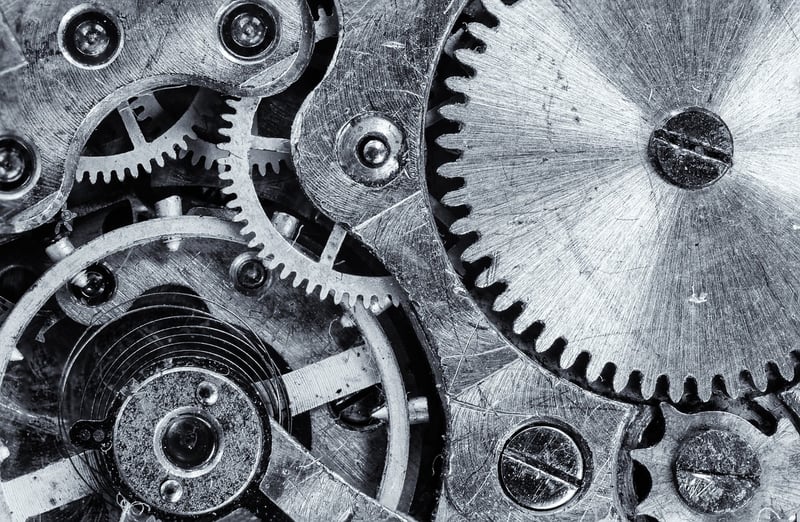Changing History
Common Questions Answered About Changing History
Introduction
Have you ever wondered about the possibility of changing history? Can we alter the course of events that have already occurred? In this article, we will address some common questions about changing history and delve into the intriguing concept of altering the past.
Can History Really Be Changed?
One of the most debated questions is whether history can be changed. While we cannot physically go back in time to alter events, our interpretation and understanding of history can evolve. New discoveries, reinterpretations of evidence, and changing perspectives can all contribute to a revised understanding of the past.
What If We Could Time Travel?
The idea of time travel has captured the imagination of many. If we could travel back in time, would it be possible to change historical events? The concept of altering the past raises complex questions about causality, paradoxes, and the nature of time itself.
Implications of Changing History
While the notion of changing history may seem exciting, it also raises ethical and philosophical dilemmas. What unintended consequences could arise from altering the past? Would changing a single event have ripple effects throughout history?
Is It Ethical to Change History?
The ethical implications of changing history are profound. Who would have the authority to make such changes, and based on what criteria? Would altering history undermine the integrity of our collective narrative, or could it lead to a more just and equitable world?
Conclusion
While changing history remains a fascinating thought experiment, it is a concept fraught with challenges and uncertainties. As we continue to explore the mysteries of time and causality, we must also consider the implications of altering the past. Perhaps the greatest lessons lie not in changing history, but in learning from it.
Image Source:

Explore more about the concept of changing history and its implications to broaden your perspective on the mysteries of time.
